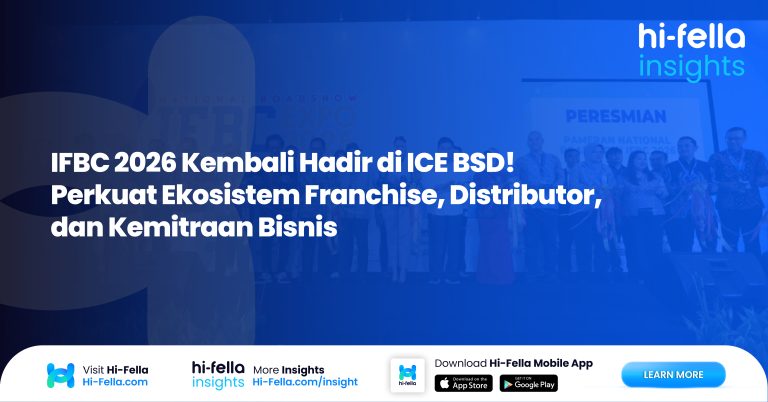Table of Contents
Are you someone who has a passion for working outdoors and dreams of a fulfilling career in a growing industry? If so, starting a landscape business might be your path to success.
In this comprehensive guide, we will take you through every step of how to start a landscape business. From market research to handling seasonal challenges, we’ve got you covered.
Why Start a Landscape Business?
Starting your own landscape business is an exciting venture, and it’s essential to understand the why behind your decision.
The landscaping industry is thriving, with a steadily increasing demand for professional services. If you’re wondering why this industry is a great choice, here’s why:
- Growth and Demand
The demand for landscaping services has been on the rise in recent years. As people prioritize the aesthetics and functionality of their outdoor spaces, the need for professional landscape experts has grown.
Whether it’s homeowners looking to enhance their gardens or businesses improving their outdoor environments, there’s a broad customer base waiting for your services.
- Recession-Resistant
One key advantage of the landscape business is its resilience during economic downturns.
Even when finances are tight, homeowners and businesses continue to invest in their properties, making this industry a safe bet for aspiring entrepreneurs.
How to Start a Landscape Business

Source: Pexels
Starting a landscape business can be an exciting journey for those who have a passion for the outdoors and a love for nature. But how to start a landscape business? Well, it all begins with careful planning and research.
Also, understanding your target market, registering your business, and creating a solid business plan are crucial initial steps.
Starting a landscape business requires meticulous planning and execution. Here’s a step-by-step guide to help you establish your business successfully:
- Market Research: Know Your Niche
Before delving into the business world, you must conduct in-depth market research. Identify your target audience, including homeowners, businesses, and other potential clients.
Explore the specific needs of your niche, such as garden design, lawn maintenance, or hardscaping. By understanding your market, you can tailor your services to meet their demands effectively.
- Business Registration and Legalities
Every legitimate business must be registered and comply with local laws and regulations.
Register your business name, obtain the necessary permits, and choose the right legal structure, whether it’s a sole proprietorship, LLC, or corporation.
Complying with legal requirements from the start will save you from potential troubles down the road.
- Create a Solid Business Plan
A business plan is your roadmap to success. It outlines your business goals, financial projections, and strategies for growth.
A well-crafted business plan is also vital to secure funding from banks or investors. Ensure it covers every aspect of your landscape business, from initial investments to your long-term vision.
Understanding the Landscape Market Potential

Source: Pexels
If you want to know how to start a landscape business and succeed on this industry, you need to grasp the growth potential. Here are some key insights:
- Residential Landscaping
The residential sector significantly contributes to the landscaping industry. Many homeowners are willing to invest in beautiful gardens, patios, and outdoor living spaces.
Recognizing this potential, your business can provide these homeowners the services they need to create their dream outdoor environments.
- Commercial Landscaping
Don’t forget the commercial side of landscaping. Businesses, public spaces, and institutions often seek professional landscape services to make their properties more attractive and inviting.
Expanding your services to the commercial sector can open up lucrative opportunities for your business.
Overcoming Common Challenges in the Landscape Industry

Source: Pexels
While the landscape business is promising, it’s not without its challenges. Here are some practical tips to address common obstacles:
- Seasonality and Weather-Related Disruptions
Landscape businesses often face seasonal fluctuations. Understand that there will be busier and slower periods during the year.
In the spring and summer, customers are more active in seeking landscaping services, while winter might slow things down.
To mitigate these challenges, consider diversifying your services. For example, offer snow removal or holiday lighting installations during the off-season to keep revenue flowing.
- Competition
The landscaping industry can be competitive, but that shouldn’t deter you. Focus on what sets your business apart. Whether it’s your unique design approach, exceptional customer service, or eco-friendly practices, emphasize your strengths.
Building a loyal customer base through excellent service and word-of-mouth referrals can help you stand out.
- Sustainable Practices and Eco-Friendly Landscaping
According to Deloitte, today’s customers are increasingly interested in sustainable and eco-friendly landscaping solutions.
Consider adopting green practices in your business, such as xeriscaping (water-efficient landscaping), native plant installations, and organic lawn care. Highlighting your commitment to sustainability can attract environmentally conscious clients.
Embrace the Opportunities of a Growing Industry

Source: Pexels
The landscape business is a rewarding venture and an industry with vast potential. As more people invest in the beauty of their outdoor spaces, your landscape business can flourish.
With the right approach, dedication, and a commitment to quality, your business can thrive and provide the services your community needs.
Don’t miss this opportunity to launch your landscape business successfully. Remember to keep learning, adapt to market trends, and provide excellent customer service.
Your journey in the landscape industry starts with a single step, and with determination and the right guidance, you can turn your passion into a thriving business.
Explore Your Landscape Business with Hi-Fella
Ready to embark on your journey in the landscape business? Hi-Fella can be your trusted platform, connecting you with suppliers, buyers, and customers to streamline your landscape business to get more effective. Find your buyer or supplier at Hi-fella!








